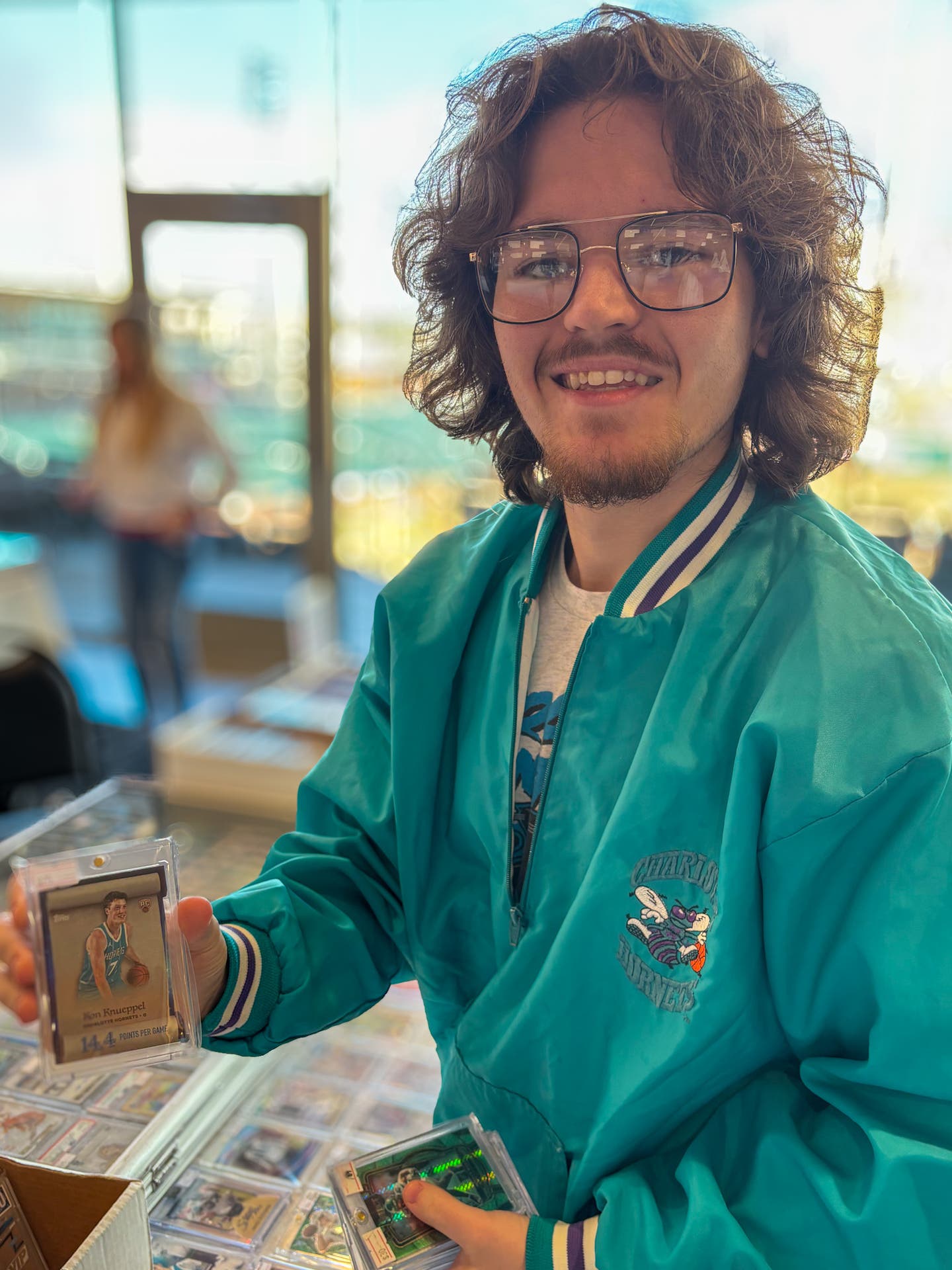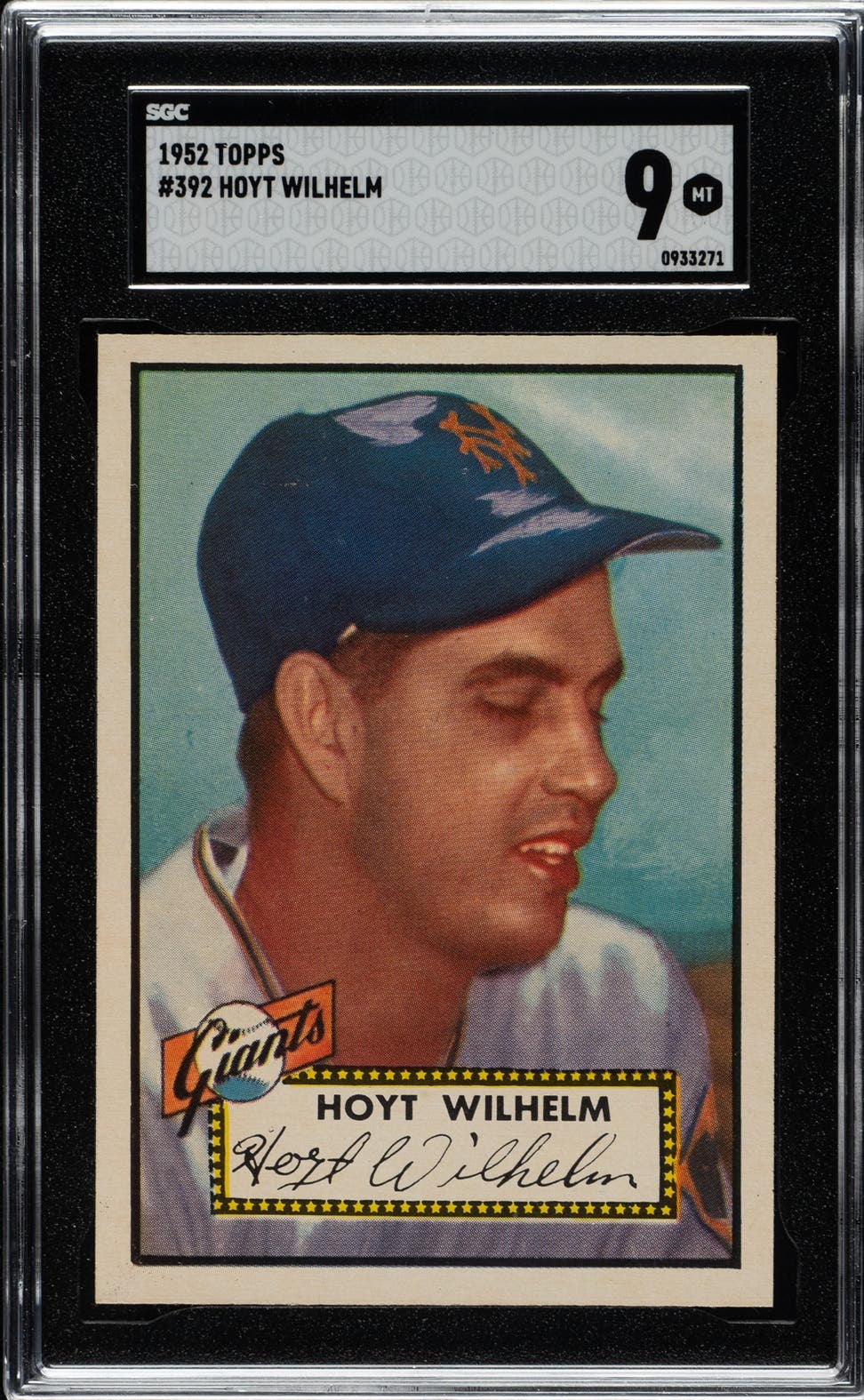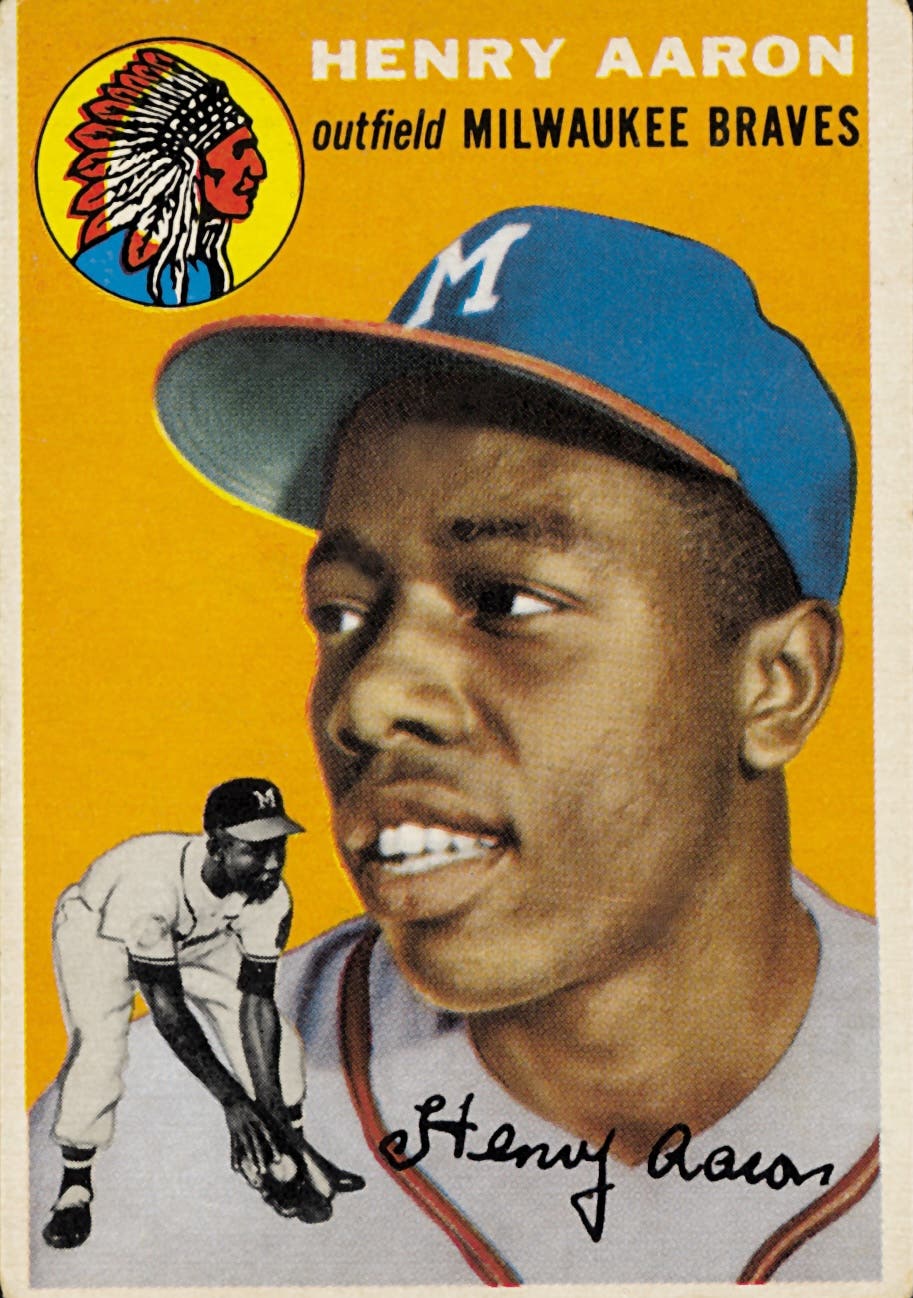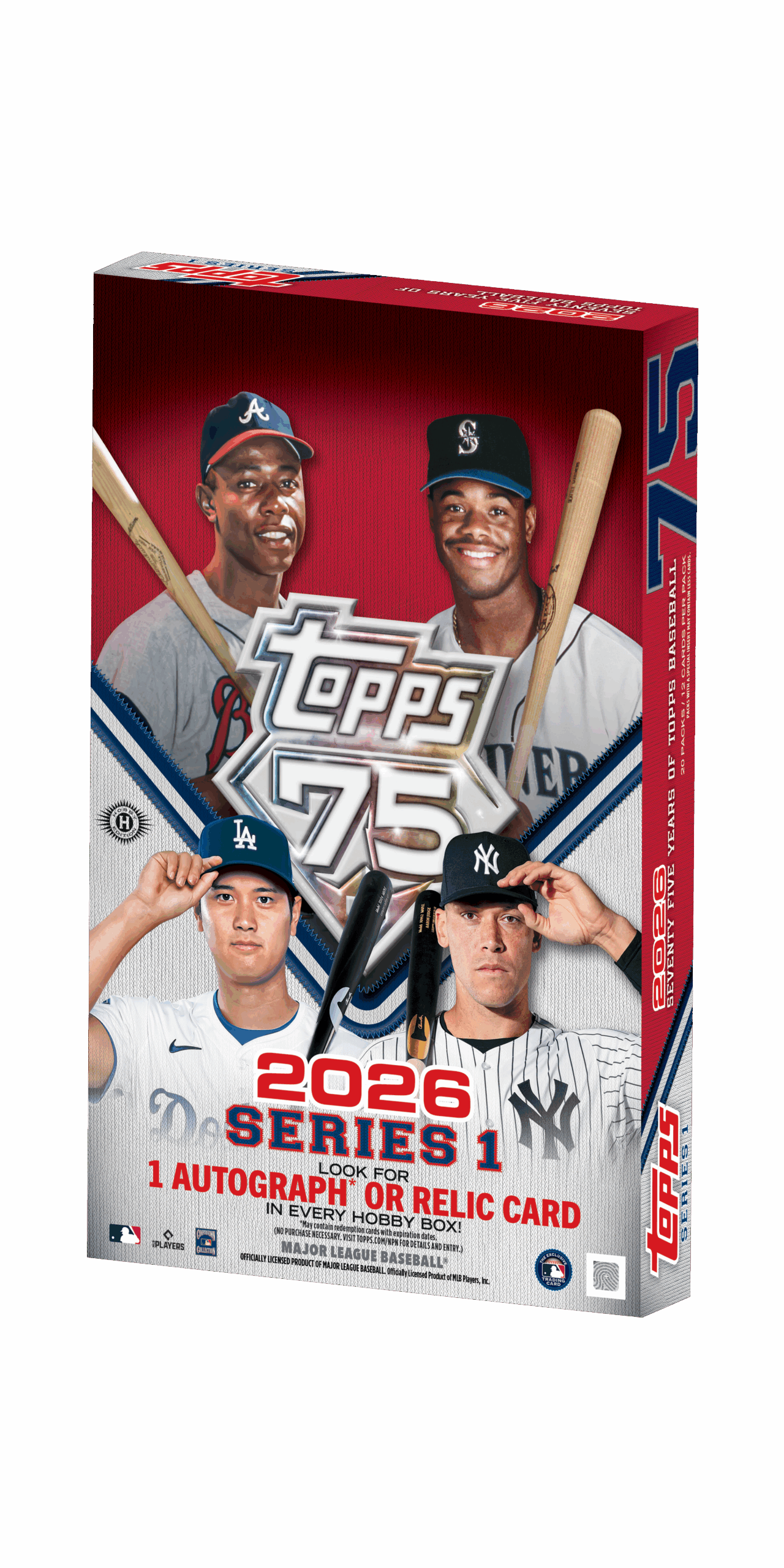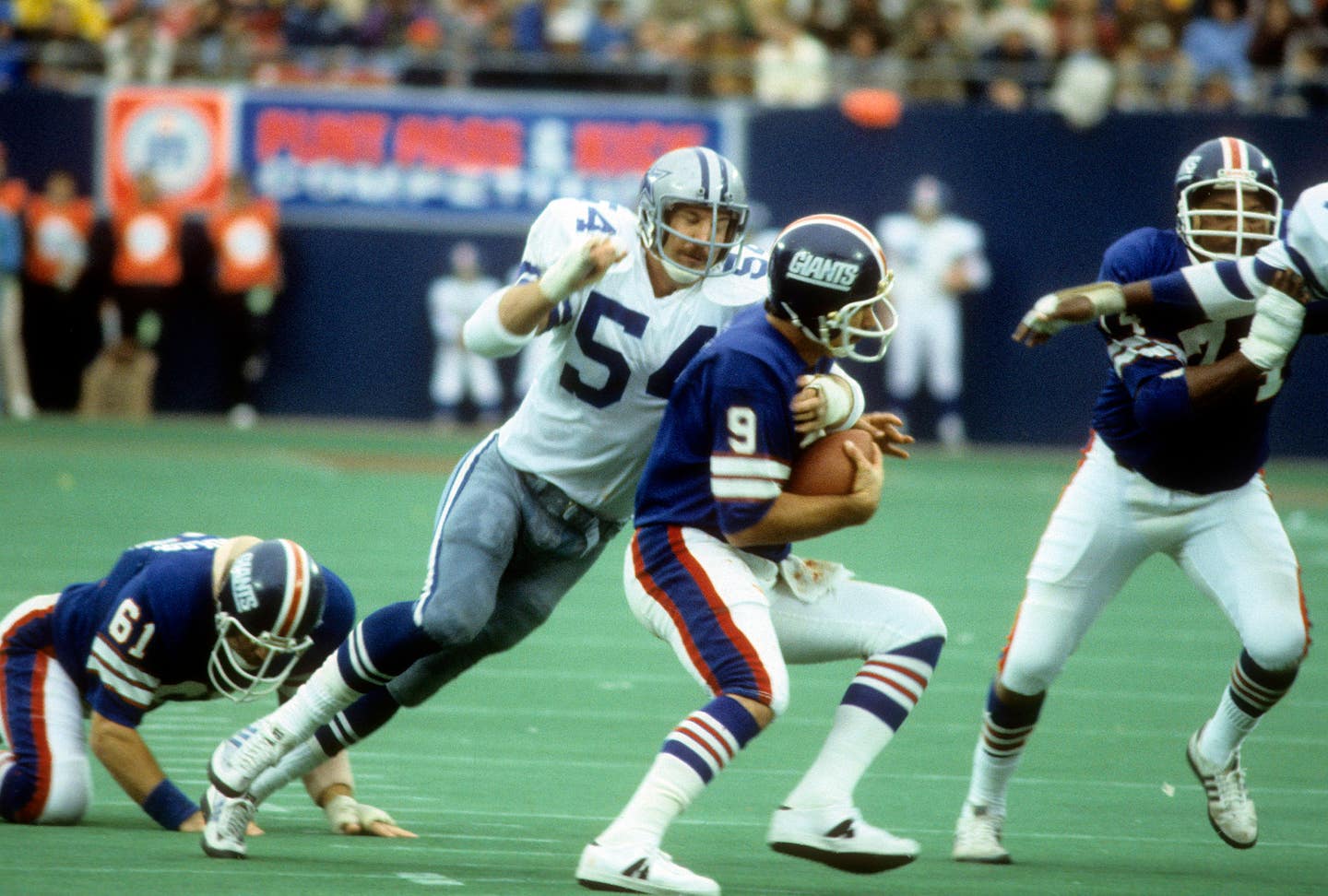
News
NFL great Randy White talks Cowboys, collecting and the best running back he ever faced
At 6-4 and nearly 260 pounds and among the strongest, most aggressive defensive players in the NFL, the nickname “The Manster”—half man, half monster—fit Randy White like his Dallas Cowboys helmet.
White came to Dallas in 1975 and within a few years was one of the stars of their famed “Doomsday Defense.” As a defensive tackle in 1978, he was co-MVP of Super Bowl 12 with teammate Harvey Martin as the Cowboys beat Denver. White earned a spot on nine straight Pro Bowl teams in 14 years en route to the Pro Football Hall of Fame.
You Also Might Like:
At the University of Maryland, White helped revamp the Terrapins’ college football program with his work ethic and stellar play, including being named the ACC Player of the Year, a unanimous All-American, and winner of the Lombardi Award and Outland Trophy in 1974. Born in Pittsburgh, he was all business on the football field.
With such a tough reputation it was a pleasant surprise that White, now 72, was so approachable and personable when SCD spoke with him at the fall 2024 Chantilly Show in Northern Virginia.
When you were recruited by the University of Maryland it was as a dual position player, right?
I played fullback and linebacker. When we were freshmen at Maryland (1972) we could play both ways. When Jerry Claiborne became the head coach my sophomore year he immediately switched me to defensive end in that Wide Tackle Six that we played. It ended up being a great position for me.
What made the defensive end position such a good fit for you?
We had a lot of freedom in the Wide Tackle Six. I could pursue like a linebacker, but I didn’t have the pass coverage—but I could run all over the field and make plays. Back then they ran a lot of veers, that veer play I would either hit the guy taking the handoff or the quarterback. It was a great position to play back then.
Overall a solid experience at Maryland?
Oh yeah, I had a great time. Coach Claiborne was a great coach. When he came there he introduced us to weight training, taught us how to run in the offseason, brought discipline to the program. He was a real Christian man, so he was a great example to every player. Coach Claiborne turned that program around. I give him a lot of credit for not only preparing me for football to go to the next level but preparing me for life. I started paying attention more, a little bit; slowly I learned little by little. Then I went to [Hall of Fame head coach of the Dallas Cowboys] Tom Landry, so I had some great coaches.
You mentioned weight training, and one of many things you were known for was your bench-press ability. What was the max weight you lifted during your career?
My best ever was 560 [pounds]. I could pretty consistently do 500 pounds, but when I started at Maryland I couldn’t do 225. When I left there I did 450. The weight lifting program at Maryland helped with my speed, too. I went from running a 4.9 [40-yard dash] to a 4.6. I also used to run with the track guys; they had a great program at Maryland. And Coach Claiborne made sure everybody got their education, it wasn’t just about football with him.
Did you collect football and/or baseball cards as a kid?
Not really. What I used to do was get the football cards and see how big the guys were to see if I was getting big enough to where I could compete with them.
Did you save any memorabilia from your career?
I’ve got a whole household full of stuff. I’ve got a 12-year old grandson and this all goes to him. I’ve got jerseys, I’ve got all kinds of stuff. I’ve got things stuffed away I don’t even remember.
Do you stay in touch with many of your former Cowboys teammates?
Yes, and there’s one right there, Mel Renfro! (Renfro, a Pro Football Hall of Fame safety/cornerback who played for Dallas from 1964-77, was also an autograph guest at Chantilly). I stay in touch with them when I see them out here at these shows.
Why was Tom Landry such a good head coach?
There were many reasons why. He was not only a great football coach, he was a great example—and he was a teacher.
What running back comes to mind as one of the toughest to defend against during your career?
Walter Payton.
What made Payton so difficult to play against?
I knew him, number one. We came out of college the same year; I was drafted number 2 and the Bears drafted Walter number 4. I got to know Walter at the East-West Shrine game and the College All-Star game. When I competed against him he was a great running back, he would be right here (White gestures to one side of the field), and then he would be over here (White gestures to the other side). He was quick; he was tough.
I got him one time and I tackled him and when I did I grabbed his leg and I kind of pulled on it, and Walter, he used to try and help you up when you tackled him, but this time he kicked me and he said, “Randy, I didn’t think you were that kind of a player.” And I told him, “Walter, if I was trying to hurt you, you’d still be laying down there.”
Well I must have scared him to death, because two plays later, I saw this blur coming across the side of my eye and he hit me right in the thigh with his helmet. For the next two weeks every time I took a step I thought of Walter Payton (White laughs) because he was not only a great player, he was a great competitor—and he was ready to go all the time.
Just like Randy White.
WHITE CARDS
Here are some recent auction results of Randy White items:
1978 Topps #60 (PSA 10) $375
1977 Topps #342 (PSA 10) $350
1986 Topps #133 (PSA 10) $292-$300
1978 Super Bowl ticket stub (Authentic) autographed (PSA 8) $257
1976 Topps (rookie) #158 (PSA 9) $181
Autographed baseball $60
1988 Starting Lineup figure (not in packaging) $50
1984 Topps #249 (PSA 9) $40
1976 Topps #158 (SGC 7) $26
2014 Panini Crown Royale (SGC Auto 10/card 8) $19
1982 Topps In-action #332 (PSA 9) $13
— Doug Koztoski is a frequent SCD contributor. He can be reached at dkoz3000@gmail.com.



